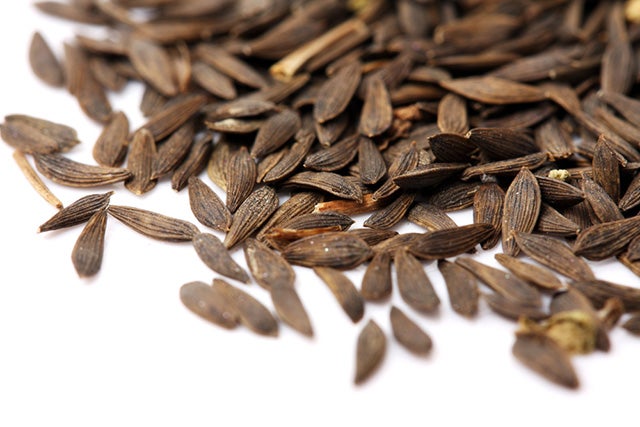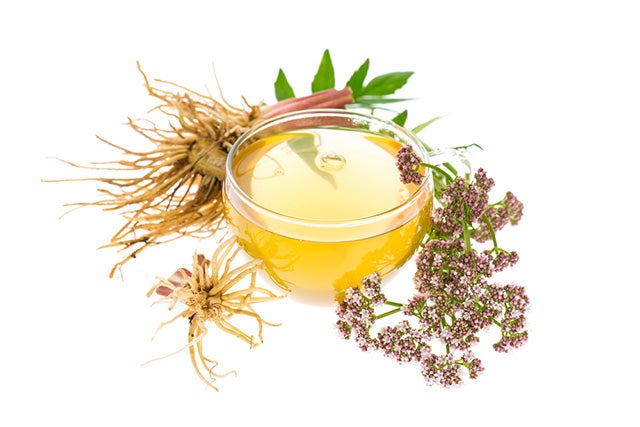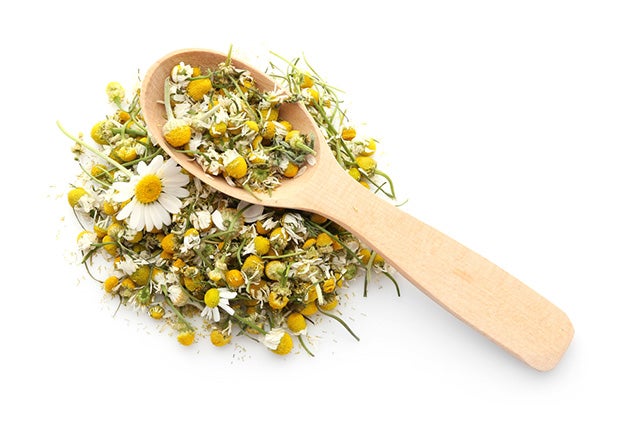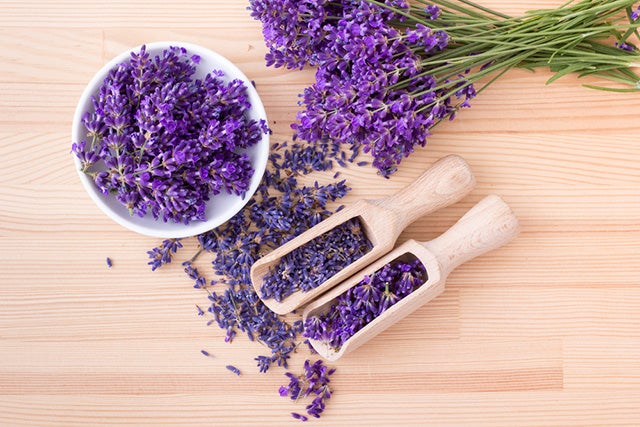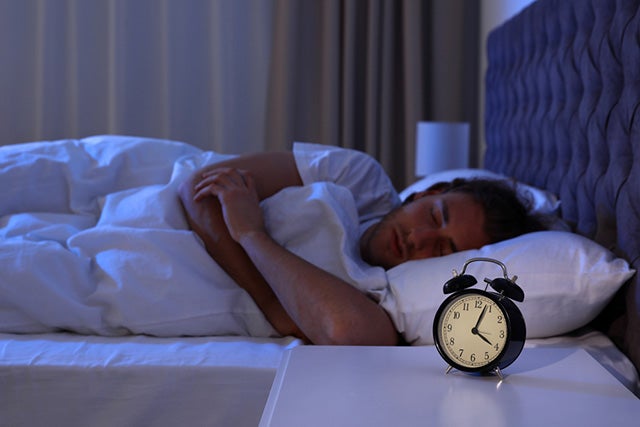If you are struggling to sleep at night, you may feel desperate to try anything to get some rest. There are many home remedies and suggestions that will pop up online that you can take advantage of, but most are based in folklore and half-studied observations.
How can you sift through all the advice to find which remedies work and which don’t?
The only way to do this is research the ones that sound somewhat plausible so you don’t waste your time and money on pointless ideas. Lettuce tea is one such remedy that shows up in online searches as a way to help make you sleepy, but does it work?
Let’s take a closer look at why this might be a plausible solution, and how to take advantage of it without wasting your time.
Why Sleep is Important
Sleep does more than allow your body to rest, it provides the means to let your brain complete neurological pathways and mental processes. When you become sleep deprived your body is not able to mentally or physically recover. Over time this can lead to long term physical ailments and can exacerbate heart disease, diabetes, and high blood pressure.
People who struggle with insomnia, the chronic condition that keeps you from getting a good night’s rest, leads them to take any length to get some rest. That includes searching online for ways to help in the middle of the night.
Lettuce and Sleep
Lettuce water or tea is going to pop up in your online searches, and for good reason.
Lettuce contains lactucarium, a chemical compound that has a similar structure to opium and the ability to create sedative properties. If you cut a head of fresh lettuce at the base, the milky sap you see contains lactucarium.
When you concentrate this substance you can use it to create a drink that can influence sleep.
However, it takes a large amount to see any benefits and it is found in higher concentrations in green romaine lettuces compared to any other.
Lettuce seeds may also provide a similar effect.
Are There Any Risks?
There are no known negative effects to too much lettuce, but if you decide to make a concentrate from lettuce “sap,” just be sure to wash your lettuce well. Also, drinking too much liquid before bed can also disrupt your sleep since you will most likely have to wake in the night to go to the bathroom.
How to Make Lettuce Tea
As mentioned, it takes a large amount of lactucarium for you to fully feel its effects. The many recipes you may find online call for a few of the large outer leaves of a head of lettuce, but in reality that is hardly enough.
For those who say this is effective, they are likely feeling the placebo effect of the idea, as well as the fact that warm water before bed can help you relax.
To make an effective tea, separate and seep an entire head of romaine lettuce for 5 minutes in water that was brought to a boil. After seeping, you can boil this down further if you want.
Sip this as it cools, or better yet, use it with a chamomile or valerian root tea for an enhanced relaxation.
Alternatives to Help You Sleep
If this seems like too much work, or you’d prefer something a little more tried and true, you can take a closer look at these natural sleep remedies:
Melatonin
Melatonin is a hormone your body produces when your body is readying itself for sleep. You can take melatonin supplements to increase these levels to help influence a quicker or deeper sleep. Just be aware that for some people too much melatonin can create enhanced REM sleep and disruptions to your sleep cycle.
Valerian Root
Valerian root has a calming effect and you can either use the scent or make a tea with it to help enhance your rest.
Chamomile
Chamomile has long been used to help create relaxation and aid in calming an upset stomach. It also can be diffused or used in a potpourri as well as drank in a tea.
Lavender
Lavender has long been known for its calming properties as well as its anti-inflammatory and anti-bacterial properties. Although it can be ingested, it has a strong flavor and can only be used in minimal amounts. It is best diffused to help influence relaxation and rest.
Tart Cherry Juice
Tart cherry may help improve or support melatonin production and is a good way to add sweetness to your tea.
Keep a Schedule
A schedule of waking and sleep is a good way to help your body recognize when it is time to sleep and when it should produce melatonin. As you get closer to bedtime be sure to dim your lights and otherwise create a peaceful atmosphere.
Exercise
Exercise can help burn off excess energy and influence a deeper rest. Just be sure not to work out too close to bed as you can influence endorphins which may keep you awake. Try working through relaxing yoga or pilates which require more isometric practices.
Meditate
True meditation is a great way to help your body relax, not just physically, but also mentally.
Keep a Cool Environment
If your environment is too warm your body may not be able to cool significantly enough to get a good rest. When you sleep your body surface temperature drops, as do your respirations and your heart rate. This is all part of a restoration process. Keeping a cool environment can help your body prepare itself.
Wrapping it Up
Lettuce tea is a very real thing, and the chemical found in lettuce can help support a sedative effect. However, you do need a high concentration of it, which is not easy to come by unless you are willing to seep and boil down a large amount of lettuce.
However, it is possible to do without too much effort, and if you make enough, you could keep it to mix into other teas that provide other various restful benefits.
Photo credit: Tattoboo/Shutterstock; zcw/Shutterstock;
Regreto/Shutterstock; Tero Vesalainen/Shutterstock;
Albina Gavrilovic/Shutterstock; unpict/Shutterstock;
Africa Studio/Shutterstock; Cora Mueller/Shutterstock;
Gayvoronskaya_Yana/Shutterstock; Andrey_Popov/Shutterstock;
Photology1971/Shutterstock; ImYanis/Shutterstock;
New Africa/Shutterstock




